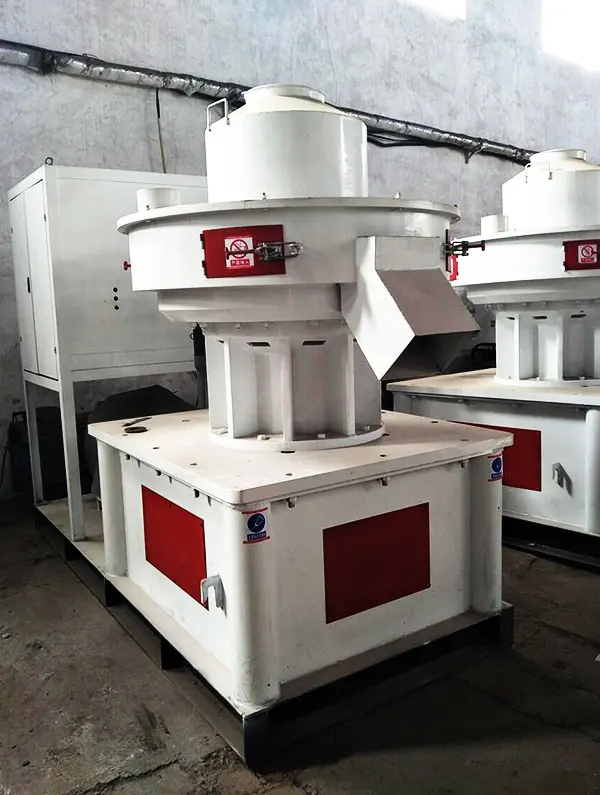The Significance And Environmental Impact Of Wood Pellet Mills
#News · 2024 / 12 / 28
In recent years, the demand for sustainable energy sources has been on the rise, and wood pellet mills have emerged as a crucial player in this arena. A wood pellet mill is a specialized machine that transforms raw wood materials into compact, high-density pellets.

Wood pellet mills offer several environmental benefits. Firstly, they contribute to the efficient utilization of wood waste. Instead of leaving branches, sawdust, and other wood residues to decompose or be disposed of in landfills, these materials are converted into valuable pellets. This not only reduces the amount of waste but also minimizes the release of methane gas that would occur during the decomposition process in landfills, thus mitigating the greenhouse effect.
Secondly, the pellets produced by wood pellet mills are a clean-burning alternative to traditional fossil fuels. When burned, they release fewer pollutants such as sulfur dioxide and nitrogen oxides compared to coal or oil. This leads to improved air quality, especially in regions where heating and electricity generation rely heavily on solid fuels. The use of wood pellets can also help reduce the carbon footprint, as the carbon dioxide released during combustion is part of the natural carbon cycle, offset by the carbon absorbed during the growth of the trees from which the wood was sourced.
From an economic perspective, wood pellet mills have significant value. They create business opportunities in the forestry and energy sectors. Logging operations can now find an additional revenue stream by selling their wood waste to pellet mills. Moreover, the pellets produced can be sold domestically for heating purposes or exported to regions with a high demand for renewable energy sources. This boosts the local economy and provides employment in areas such as pellet production, transportation, and sales.
In addition, the development of the wood pellet industry encourages innovation in related technologies. Research and development efforts are focused on improving the efficiency of pellet mills, enhancing the quality of pellets, and exploring new feedstock materials. This continuous innovation drives the growth of the industry and makes it more competitive in the global energy market.
However, it is essential to ensure the sustainable operation of wood pellet mills. This includes sourcing wood from responsibly managed forests to prevent deforestation and maintaining strict emission control standards during the production process. With proper management, wood pellet mills can continue to play a vital role in the transition towards a more sustainable and environmentally friendly energy future, providing both economic benefits and positive environmental impacts. They are indeed a promising solution in the pursuit of clean and renewable energy sources, helping to meet the energy needs of today while safeguarding the planet for future generations.
